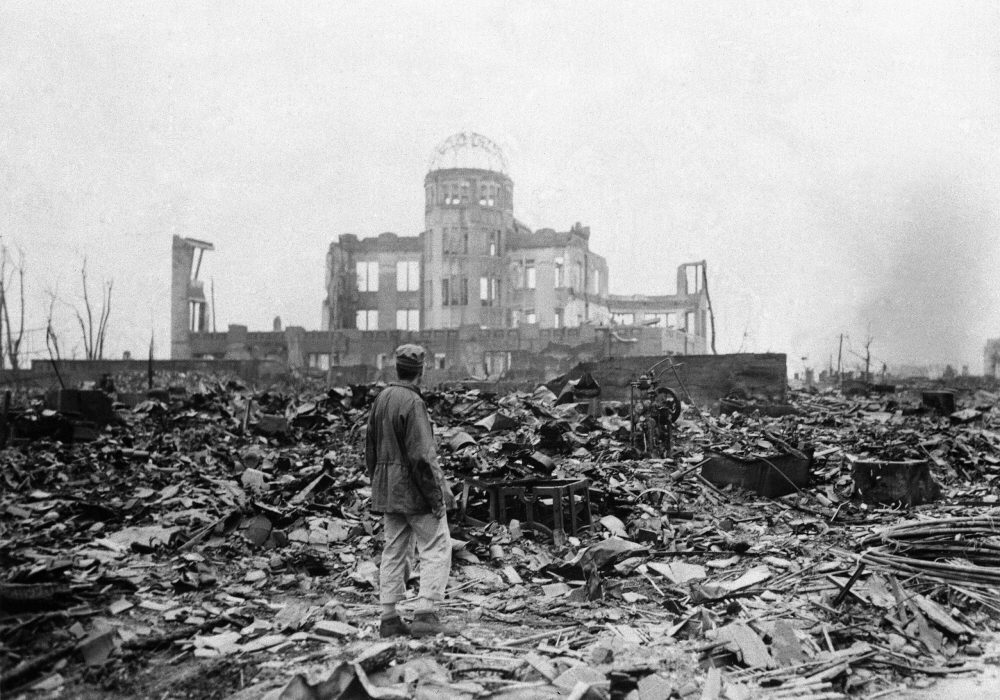Cosponsored by America Media, the Berkley Center for Religion, Peace, and World Affairs at Georgetown University, and the Institute for Human Ecology at the Catholic University of America.
Free and open to the public. The event will be held online over Zoom and will be livestreamed on YouTube. Registrants will also get a specially created booklet drawing on the archives of America Magazine’s coverage of Hiroshima from the past 75 years.
On August 6th and 9th, 1945, the United States dropped atomic bombs on Hiroshima and Nagasaki. The bombs destroyed the cities in a flash, and ultimately killed approximately 200,000 people. The Second World War came to a close days later. 1945 was the first and last time a nuclear bomb was used in armed conflict. This technology has influenced international relations ever since and has raised questions about the appropriate use of force in a way that the firebombing of Dresden and Tokyo did not. The site of the bomb’s genesis was not a military base, however, but at the University of Chicago, where the first self-sustaining nuclear reaction took place three years earlier, opening the nuclear age and giving rise to a new source of energy, life-saving technologies, and unparalleled destruction. Join as we reflect upon the legacy and tension caught up in the event that was Hiroshima.
This event is dedicated to the memory of John P. Langan, S.J., noted professor, theologian and peace activist.
Image © AP Photo/Stanley Troutman

